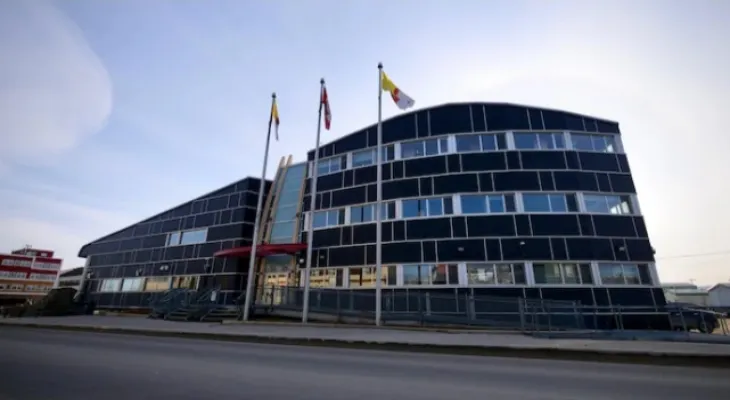Search here
Newspaper
Search here

Arab Canada News
News

Published: December 28, 2023
The Canadian Radio-television and Telecommunications Commission (CRTC) announced an investment of $39.7 million to improve access to high-speed internet service in 28 local communities in remote areas, especially in the territory of Nunavut.
The commission, an independent public institution, confirmed in a press release that this funding, coming from the federal government’s broadband fund, will provide, for the first time, high-speed satellite internet service to 25 local communities in Nunavut comprising approximately 11,400 households.
“We recognize the importance of high-quality internet and mobile phone services for all aspects of people’s daily lives,” said the CEO of the Canadian Radio-television and Telecommunications Commission, Vicky Eatrides.
It is noted that the federal government launched the broadband fund to improve internet and mobile phone services in the Canadian high north.
The Canadian Radio-television and Telecommunications Commission also recognizes that it remains important to establish fiber optic infrastructure in Nunavut, and that building it will take much longer.
Thus, the northern company “SSI Micro” will receive $27 million from the government to upgrade the internet service it provides via satellite.
This initiative “represents an important step in improving communications in the territory,” said the Canadian Radio-television and Telecommunications Commission.
The commission, responsible for regulating broadcasting and telecommunications activities in Canada, added that the communities targeted by this initiative will have download speeds of 50 Mbps and upload speeds of 10 Mbps, which meet the minimum standards for high-speed internet.
Nunavut is the largest territory by area among Canada’s ten provinces and three territories, with a total area of 2.09 million square kilometers, just over one-fifth of Canada’s total area.
This vast territory, which includes most of Canada’s arctic archipelagos, is the least populated among the territories and provinces, with a population of 40,817 according to estimates by Statistics Canada for the last quarter of 2023, the vast majority of whom are Inuit people, the Indigenous inhabitants of Canada.
Comments